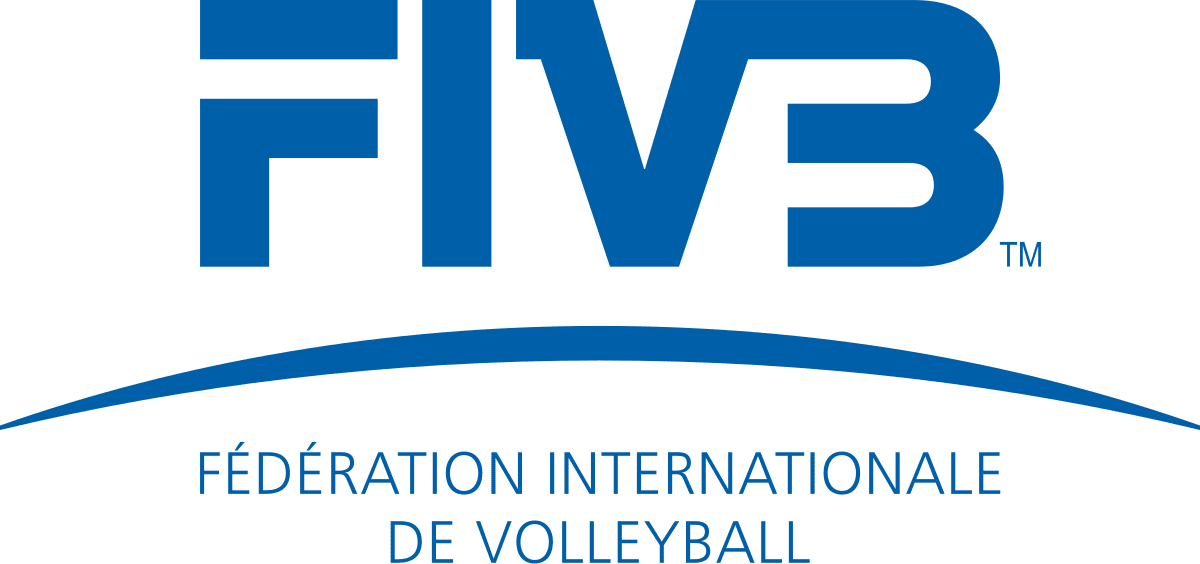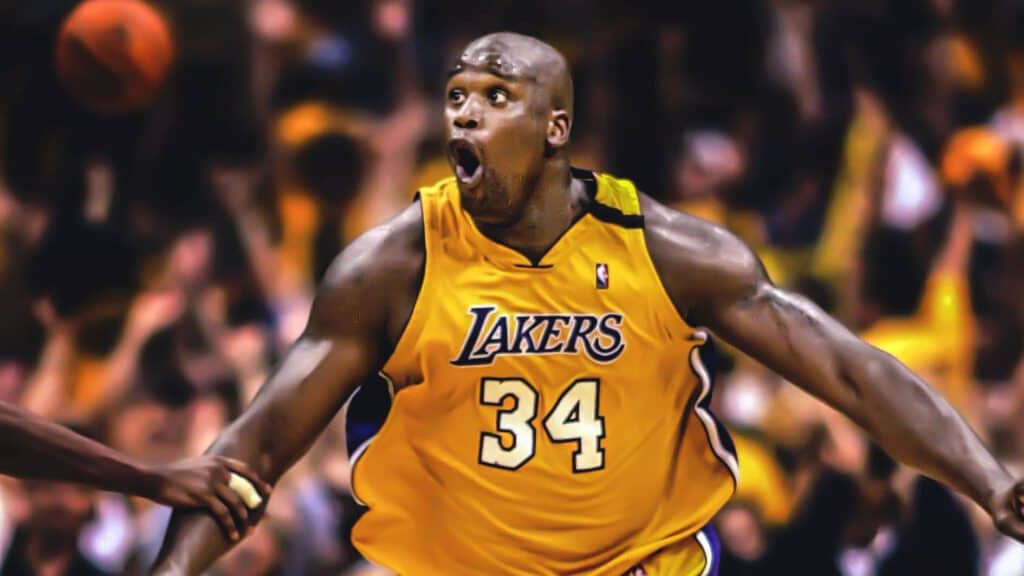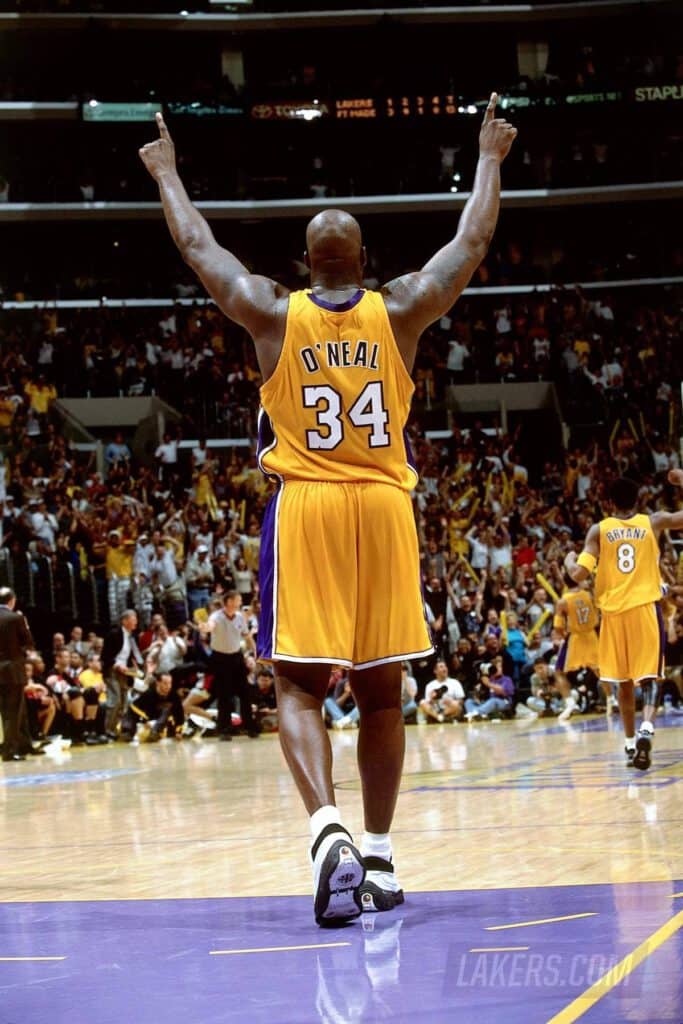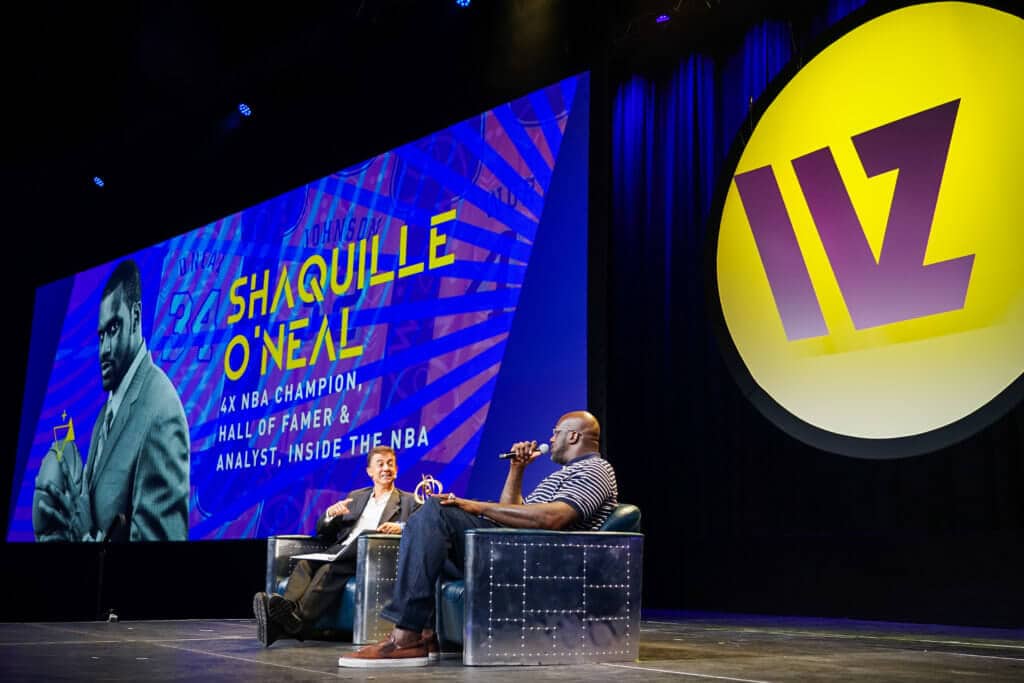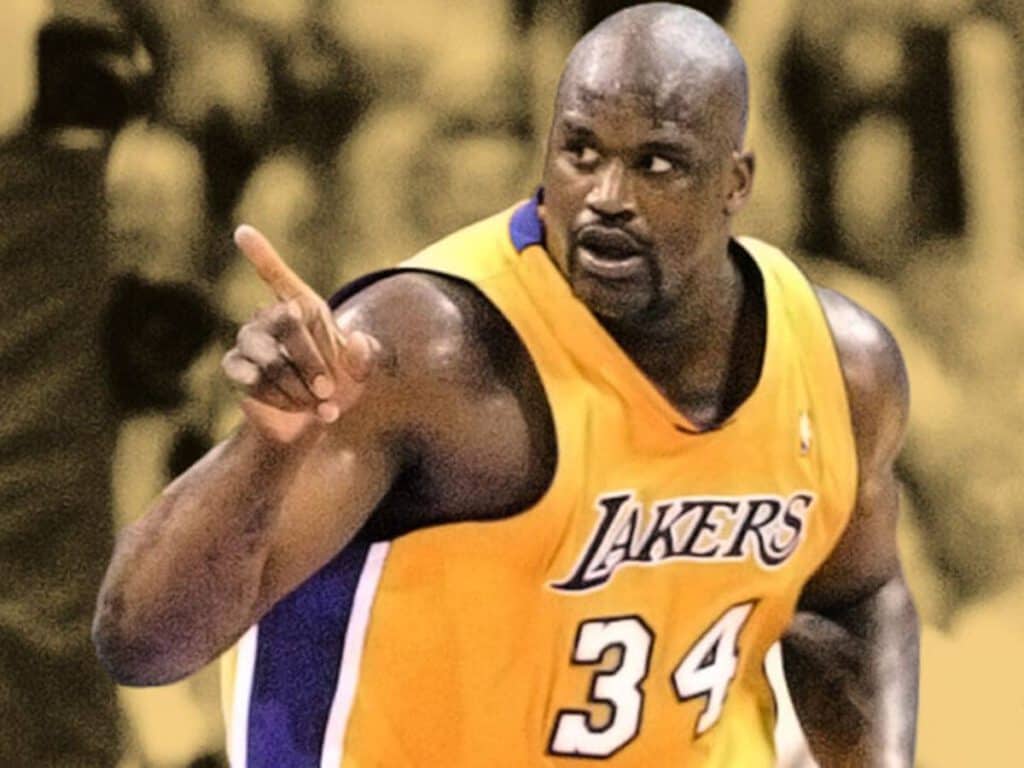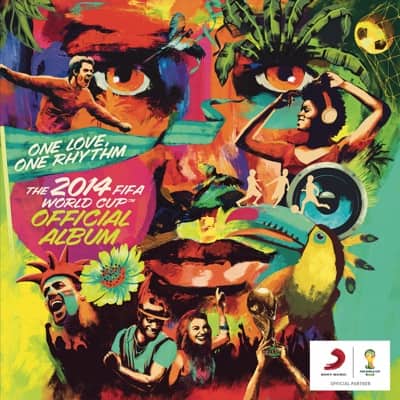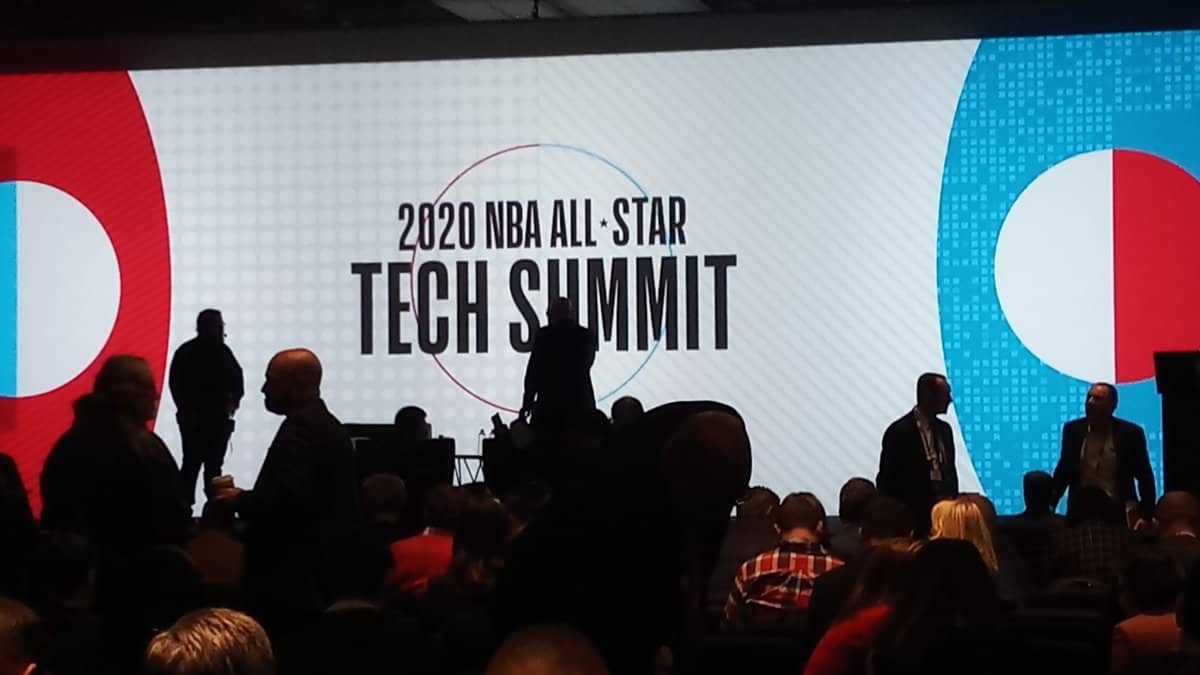Under Armour has been named Ad Age’s Marketer of the Year primarily for its novel approach marketing to women. The success Under Armour has enjoyed with its “I Will” campaign underscores why Title IX — while generating lots of positive results — has not succeeded in reshaping opportunities for women in sports marketing and redefining the way our society treats and values women’s sports.
Now, Puma has followed suit by signing Rihanna as the face of its women’s fitness line and giving her the title of “creative director,” and Nike has joined the ranks by inking a deal with top model Karlie Kloss.
When Under Armour debuted its “I Will” campaign with a TV commercial featuring Gisele Bundchen, I offered the opinion that, while the effort is effective, a double standard has been created by the media that has shaped viewing habits, public opinion and marketing. This trend does not bode well for the growth of women’s sports nor does it help top-tier female athletes who hope to build a brand for themselves or, at the very least, secure valuable endorsements.
The starting point of all this is that women’s sports get a fraction of the respect and audience that men’s sports do. The media has not historically promoted or distributed women’s sports. And most women athletes grew up looking up to male athletes as their role models.
Title IX was supposed to provide equality for women in athletics by ensuring that women could participate in organized competitive sports, and clearly there have been benefits. Reportedly, 2.8 million girls around the country play varsity sports leading to more than $1 million in college scholarships per year. Moreover, such participation clearly benefited women off the field of play in that sports teaches important virtues necessary to succeed in business: hard work, team work, and perseverance. In fact, 52 percent of women executives today, according to espnW, participated in competitive sports at the university level or above.
However, Title IX did nothing to improve equal opportunity for women interested in professional sports as a career — it just did not go far enough.
Girls got to play instead of cheerlead, but our sports viewing habits did not change. Why? The reason is that, while schools had to change and let girls play sports, the media was allowed to continue its old ways of ignoring women’s sports. A primary reason why we do not perceive male and female athletes equally is that the media treat women’s sports like second-class citizens, and advertisers only follow suit.
Bottom line, our attitude toward women’s athletes is shaped by sports media and Madison Avenue. And Madison Avenue sets the standard for our double standard of social currency among men (rich/winner/athletic) and women (attractive/youthful).
When it comes to male athletes, all that matters is whether you win at one of the major sports. The general rule is that if you are a winner — the best in the business — then you will be rewarded handsomely with endorsements or marketing deals like Michael Jordan, Shaquille O’Neal, Kobe Bryant, LeBron James or Kevin Durant, to name a few. In marked contrast, the sports brands realized over the years that you don’t have to pay top women athletes the big bucks no matter what.
For example, when we represented Lisa Leslie, the best player in the WNBA, Nike kept reducing its offers to her even as she got better and more dominant as a player. The reasoning was that Nike discovered that male athletes were still driving the sales of the shoes anyway (girls looked up to the male athletes more because of the additional exposure and promotion that they received).
More recently, as women have been wearing workout gear or athletic apparel throughout the day (as men have done for years), the sports brands have started to experiment with different approaches seeing this as a growth market. Now, there is much more emphasis on whether a female athlete is attractive and youthful, rather than the best in the world. In fact, it is arguably better to be an athletic youthful model rather than an athlete who happens to be attractive (at least from Under Armour’s perspective). All of this is completely in line with Madison Avenue’s view of how to market women.
There was quite a bit of chatter around Under Armour’s signing of Bundchen to a reportedly whopping deal to be the face of its women’s athletic footwear and apparel line. Obviously, she is super-attractive, athletic and perhaps even a remarkable lady, but she certainly is not considered a world-class athlete nor is she the best in the world at a sport that large numbers of girls play (i.e. soccer, basketball or volleyball).
But who can argue with Under Armour’s results in light of the growth for its women’s business as a result of the “I Will” campaign?
I appreciate attractive female athletes, but I don’t think that being physically attractive should be the initial criterion when a sports brand is deciding whether to sign a woman endorser. But it seems the women who are buying the product don’t really care about this.
If we really want to see change, the sports media, starting with the major distributors like ESPN, Fox and NBC, should be required to promote and distribute a certain amount of women’s sports on TV. This would require legislative action much like Title IX or the Children’s Television Act. The Federal Communications Commission and perhaps the courts would likely follow to support and give teeth to that legislation.
Girls and women need to be conditioned to watch women’s sports. They make up more than half the viewing audience for goodness sake. Not only should sports companies apply the same standard to female athletes as they do to men, they should make women’s sports just as relevant to women as men’s sports are to men.
If the government were courageous enough to take affirmative action, this would likely happen.

